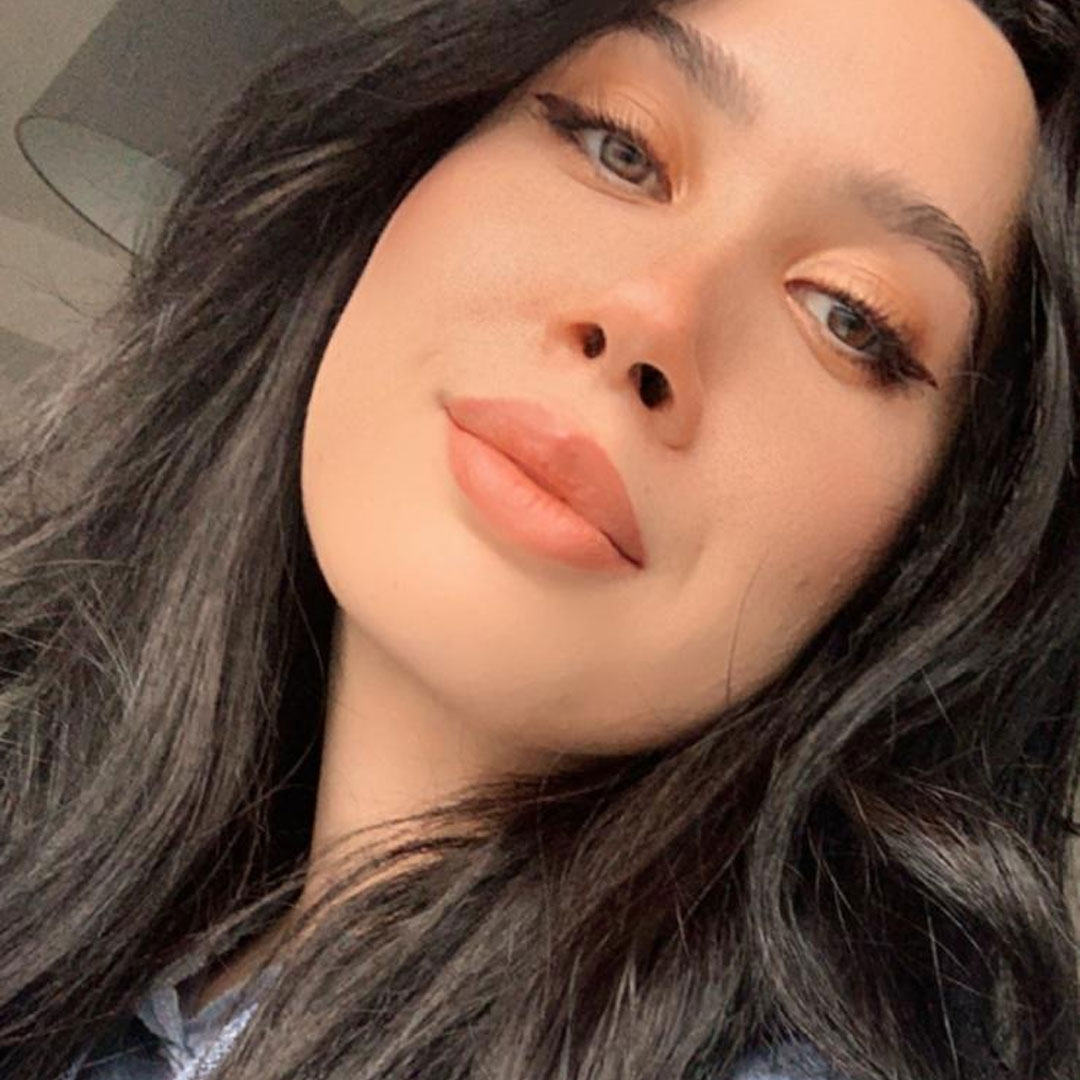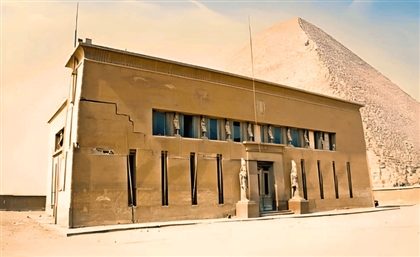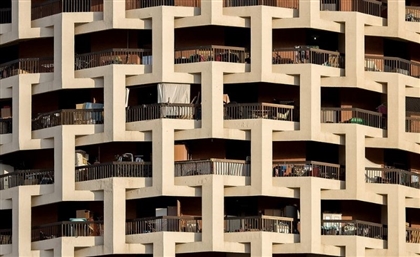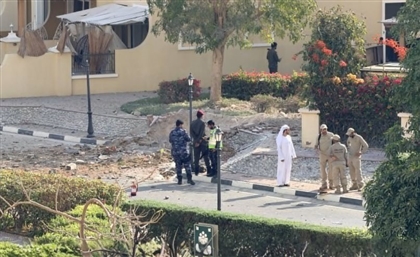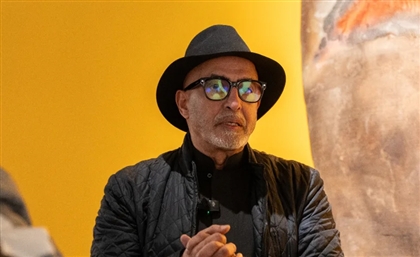Ahmed Abdelwahab Isn't Just Egypt's Newly Minted Comedy Star
Abdelwahab is the sort of “overnight success” that takes so long you start to wonder if the night will ever end, like a wedding where they run out of cake but not of relatives.
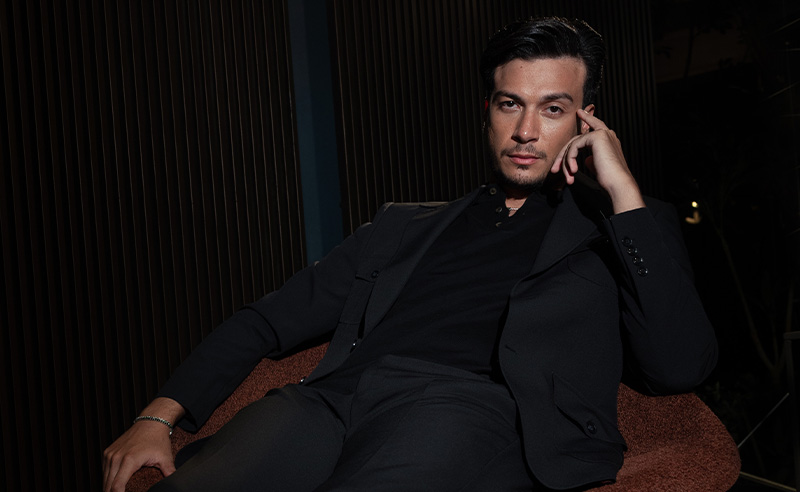
It’s apparently the Year of Ahmed Abdelwahab. Three Ramadan series, a couple of side quests, and Darwish — a 1940s noir so drenched in cigarette smoke you half expect the popcorn to come with a nicotine patch. But Ahmed, ever the professional, doesn’t buy the “overnight success” narrative. He’s been in the trenches long enough to know that “overnight” is just industry shorthand for fifteen years, a nervous breakdown, and one lighting rig collapsing on you in tech rehearsal.
The grind was not glamorous. Rehearsal rooms with buzzing fluorescents, stages so small you could identify the audience’s preferred shampoo, side jobs that kept rent paid and dignity negotiable. He’s a theatre kid who grew up but never quite left the stage door behind. A “natural,” yes, in the sense that putting in 10,000 hours will eventually trick everyone into believing you emerged fully formed, like Athena, except instead of Zeus’s forehead it was from the wings of a university playhouse.
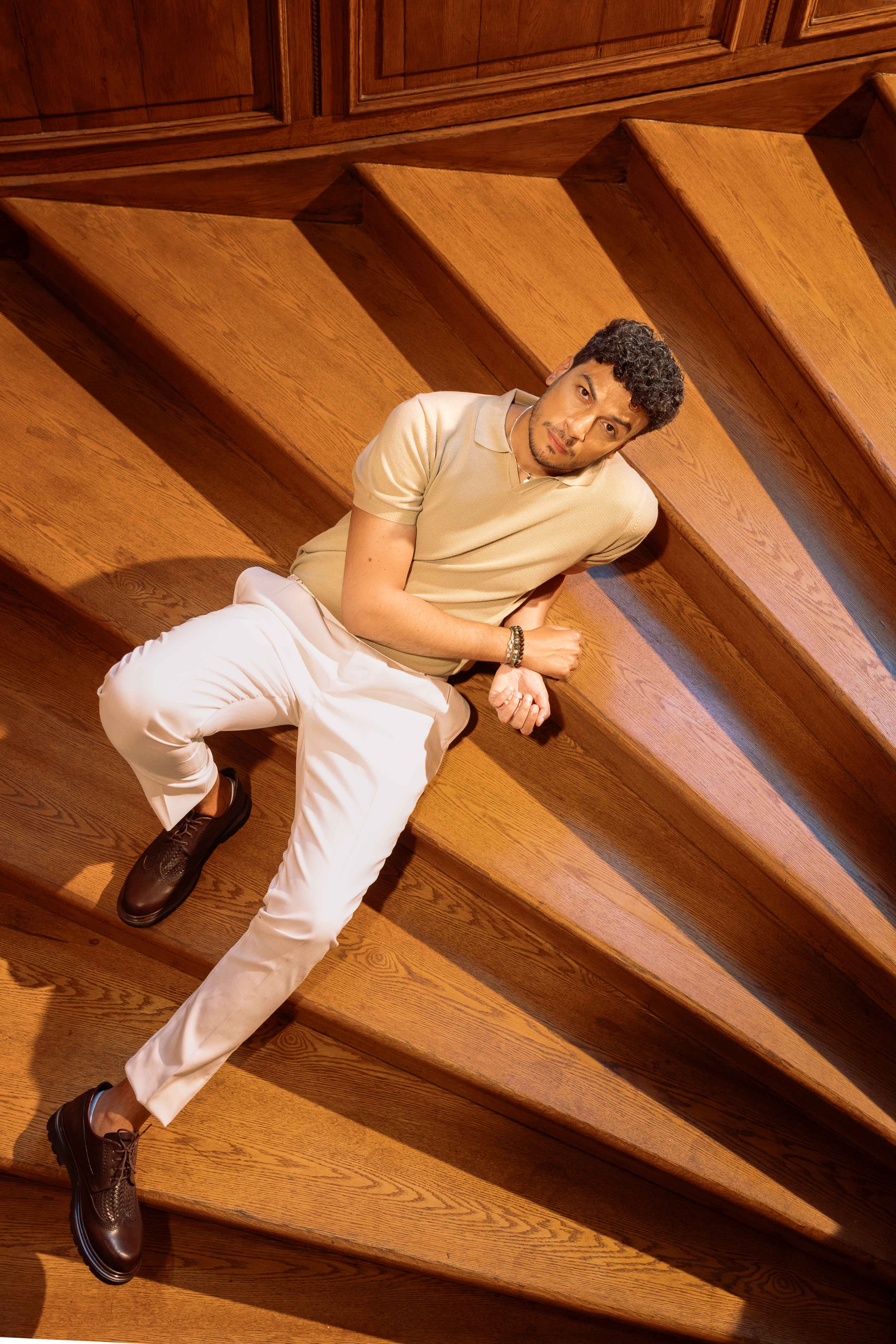
When my phone rang at 8 p.m. on a Thursday, I was prepared for one of two things: a telemarketer offering me a “prestige” credit card that requires a six-figure salary I definitely do not have, or a random number geolocated as ‘Maldives’ attempting to coerce me into sending them said proverbial salary. Instead, it was, “This is Ahmed Abdelwahab.”
On screen, he’s a smoldering Don Juan in El Captain. In real life, he’s more monk than matinee idol. “I’m actually very shy,” he said. “When I meet someone for the first time, I tend to stay quiet, and people sometimes misread that as arrogance until they get to know me. I’ve never liked crowded places — it’s been that way long before I ever started acting. I’d rather spend time at home or in small, familiar settings.” In other words, he is that rare actor who sees no reason to leave the house unless there is a script, a camera, or the possibility of parking within fifty meters.
Darwish was his first feature film, opposite Amr Youssef, Dina El Sherbiny, and Tara Emad — a noir with tailoring so sharp you’d never trust its owner to operate scissors responsibly. “In Darwish, I play a ‘bad’ man from the 1940s — calm, reserved, but full of complexity. I wanted to make him believable without falling into the trap of overplaying the ‘old-fashioned’ mannerisms.” The trap, as he frames it, is caricature: actors mincing around like they swallowed a history book. His fix is simple — stop worrying about being “period” and focus on being credible. “The most important thing for me is that the audience believes me. That’s the only part of the process I can truly control.”
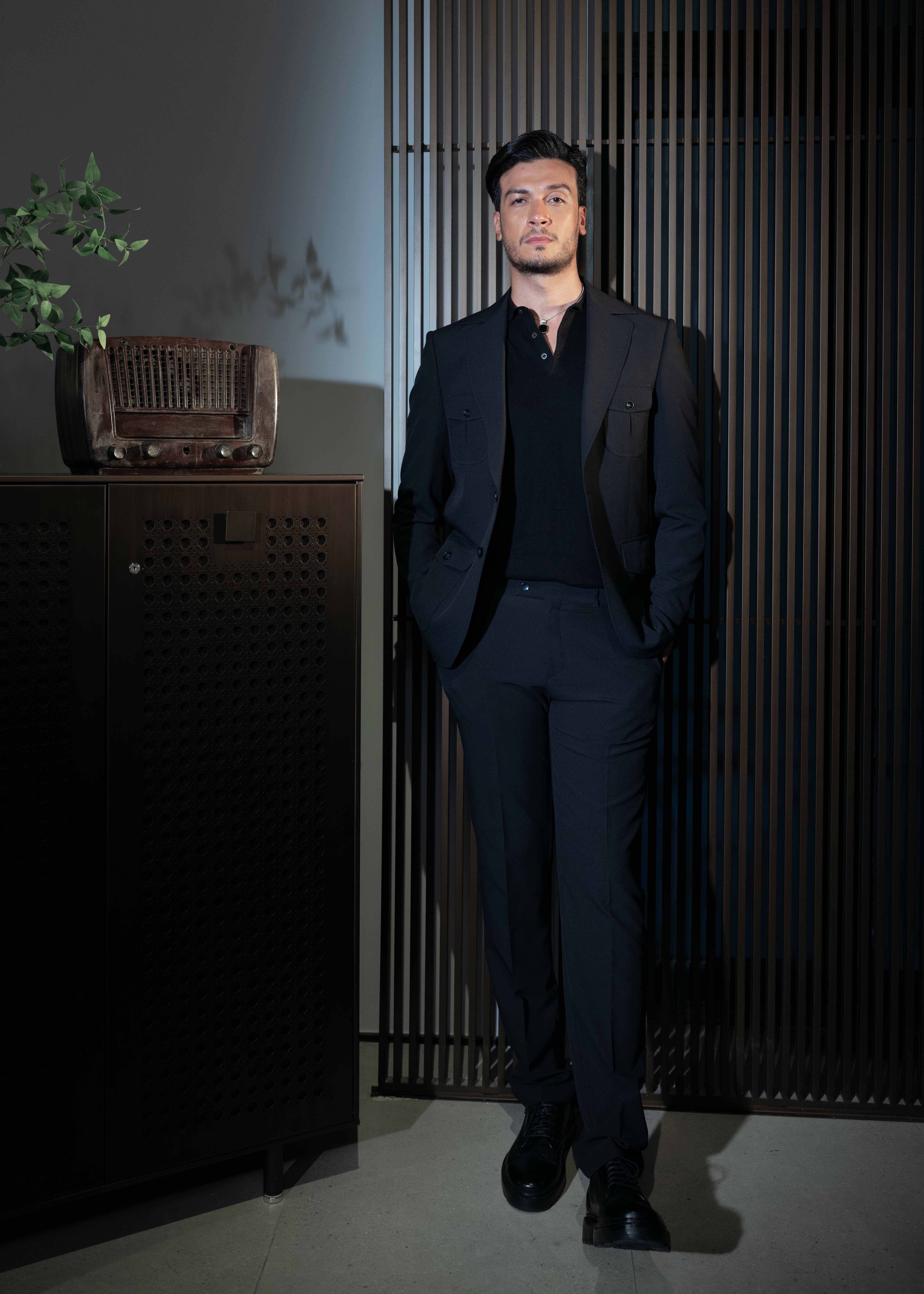
Belief is the spine of everything he does. “I can’t focus on multiple characters at the same time — I have to choose one, concentrate on it completely, and memorise it until it becomes second nature.” Even roles that echo his own life aren’t “easy mode.” “Whenever I take on a role that resembles me, it’s actually harder. It still has to be its own fully formed character — it can’t just be me showing up as myself.” And the nerves never retire. “Even now, I still get nervous before every performance. But the moment the director gives me that first note of encouragement on set, everything changes — I relax and my confidence clicks into place.”
This year alone: three Ramadan series (Kamel El Adad, El Captain, A’shghal Sha’a Gedan) and assorted other roles that made him one of the busiest men on Egyptian screens. But he rejects the mythology of instant fame. “My first performance was terrible — or at least, that’s what people told me — but I didn’t let it stop me. I pushed through, kept showing up, and learned the basics of acting from the ground up.” The inflection point was at university, when the late Hussein Mahmoud spotted something in him and awarded him his first theatre prize. “That moment — that confidence — has stayed with me ever since.”
His mother’s lone demand: graduate in four years. He did, while holding down gigs in Beverly Hills (Cairo edition), an electrical company, anywhere willing to underwrite his theatre addiction. The pattern was clear — sacrifice, then repetition, then discipline. “When I write, I focus heavily on the opening — that first hook that pulls people in immediately. After that, the story has a way of finding its own path.”
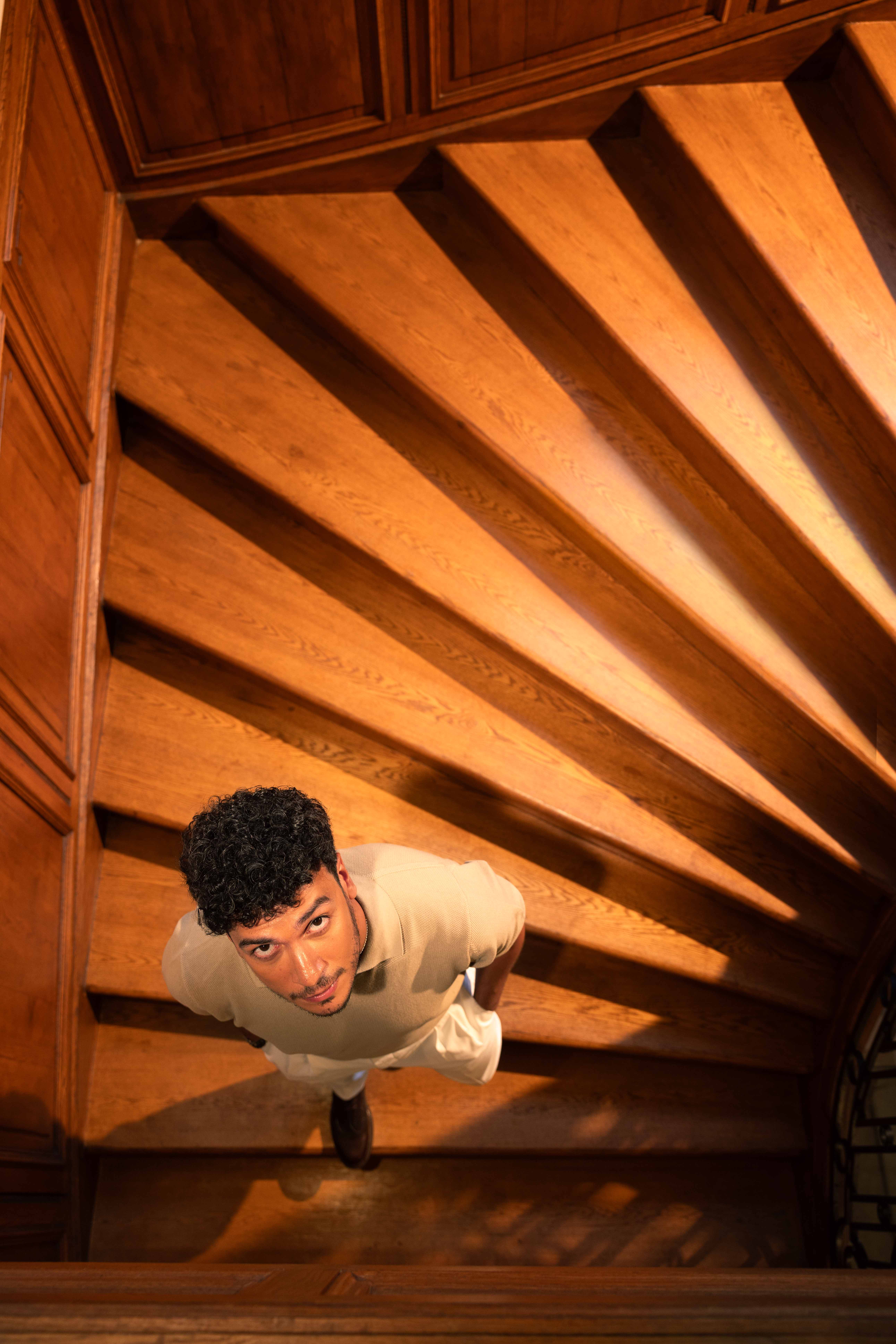
He is also, refreshingly, opinionated about how Egypt appears onscreen. “What frustrates me is when Egypt is reduced to clichés — pharaohs, deserts, kidnappings — instead of being shown in all its depth and reality. You can’t give people something truly good and have them reject it. And good doesn’t mean heavy or slow — a comedy can still be crafted with meaning and heart. Egyptian cinema is among the strongest industries in the world.” It’s a point that lands harder than most conference panels.
And then, just when you’re nodding along, the socks. “I love colour. Even if I’m just in a white t-shirt, I’ll pair it with a bright orange cap or colourful shoes — and my socks are a whole thing, from sushi and pizza to Santa Claus. I collect them wherever I can.” Somewhere out there, a casting director is furiously rewriting a noir scene to accommodate a villain in Santa socks.
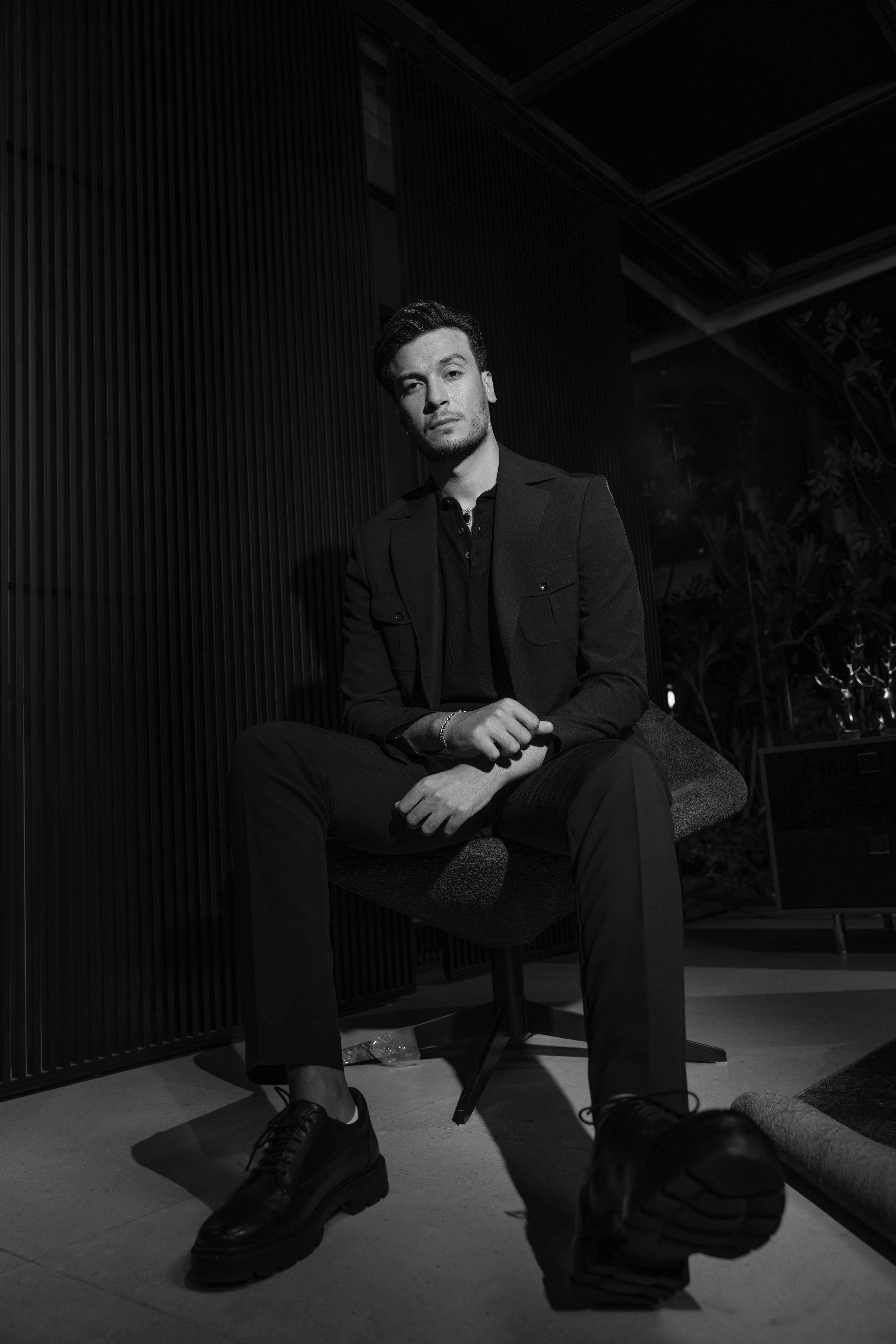
By the time the crew called him back, we’d migrated from noir philosophy to novelty hosiery, from the precision of his craft to the existential scam known as “casual coffee.” The line went dead, but the figure remained: an actor who works like a locksmith, moves like someone allergic to wasted time, and dresses like he is in on a private punchline. If the job of acting is to make the audience believe, Ahmed Abdelwahab has already cleared step one. He believes himself — whether as noir villain, Ramadan leading man, or simply a man at home, choosing between sushi socks and Santa Claus.
- Previous Article Mohamed Salah Makes History With Third Straight PFA Player of the Year
- Next Article Inside Egypt’s Seven UNESCO World Heritage Sites







